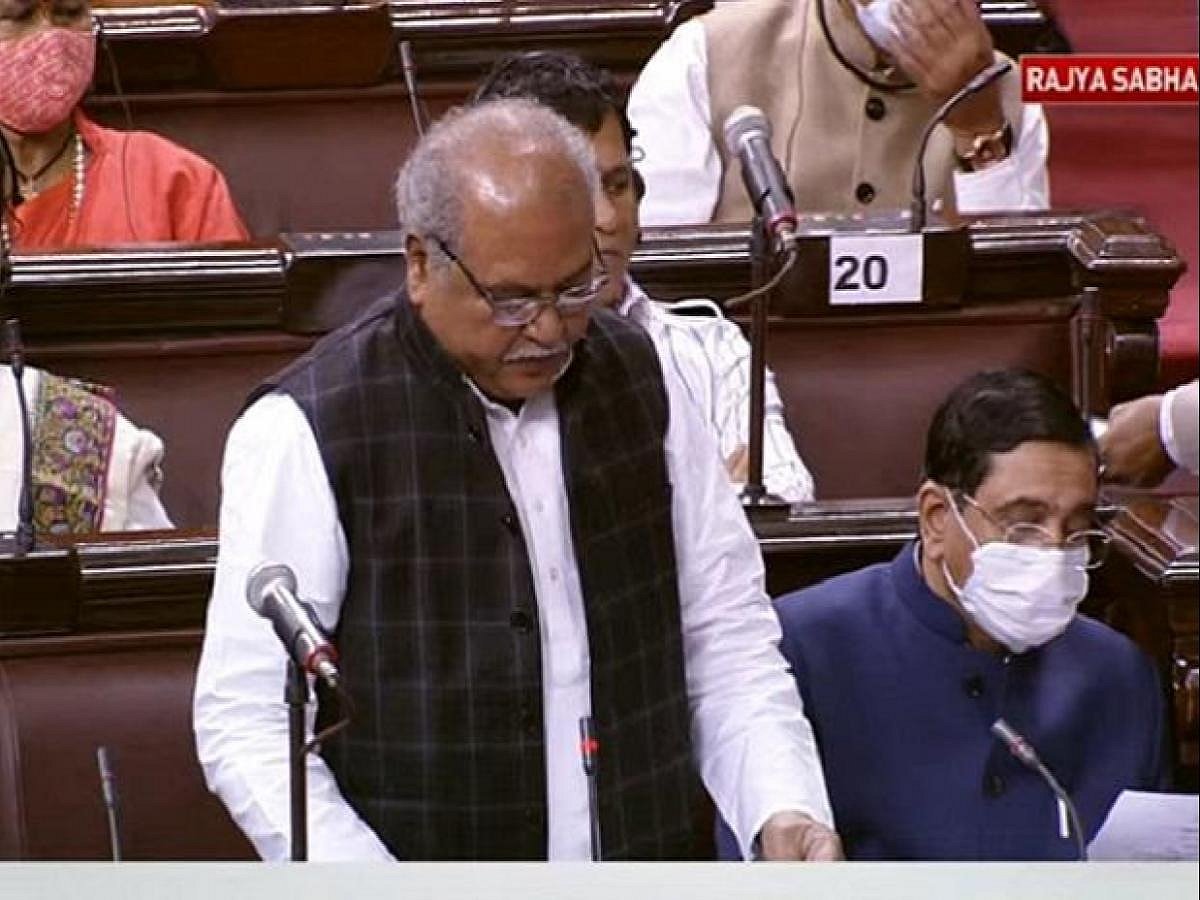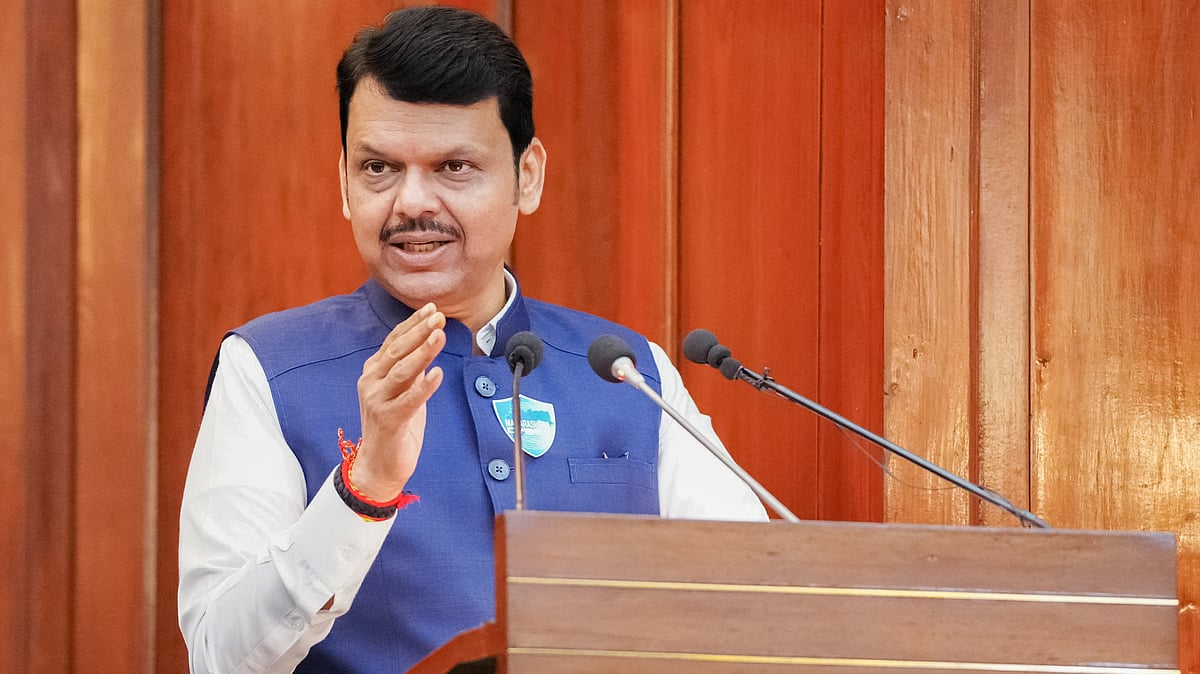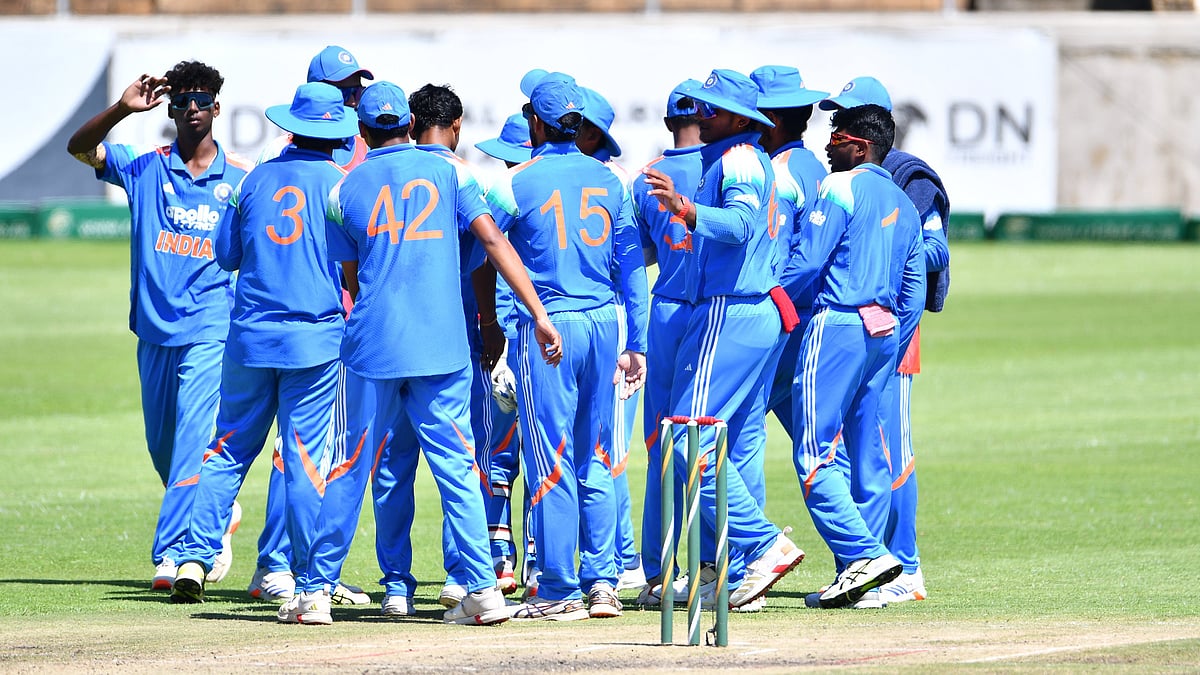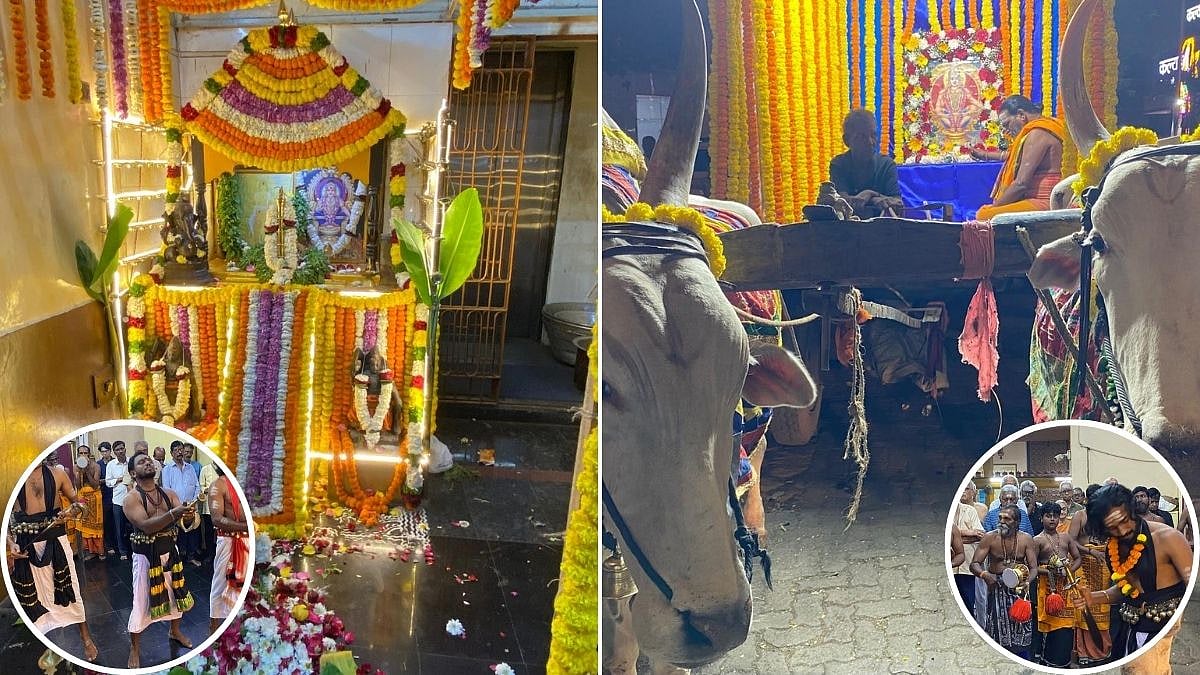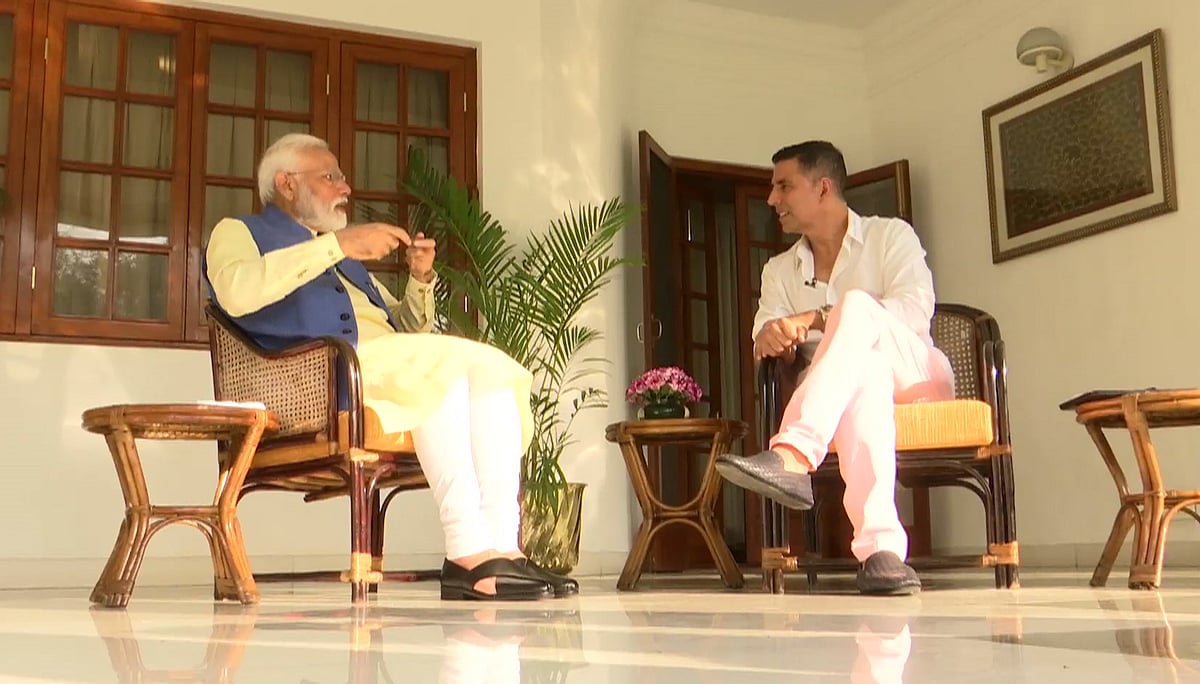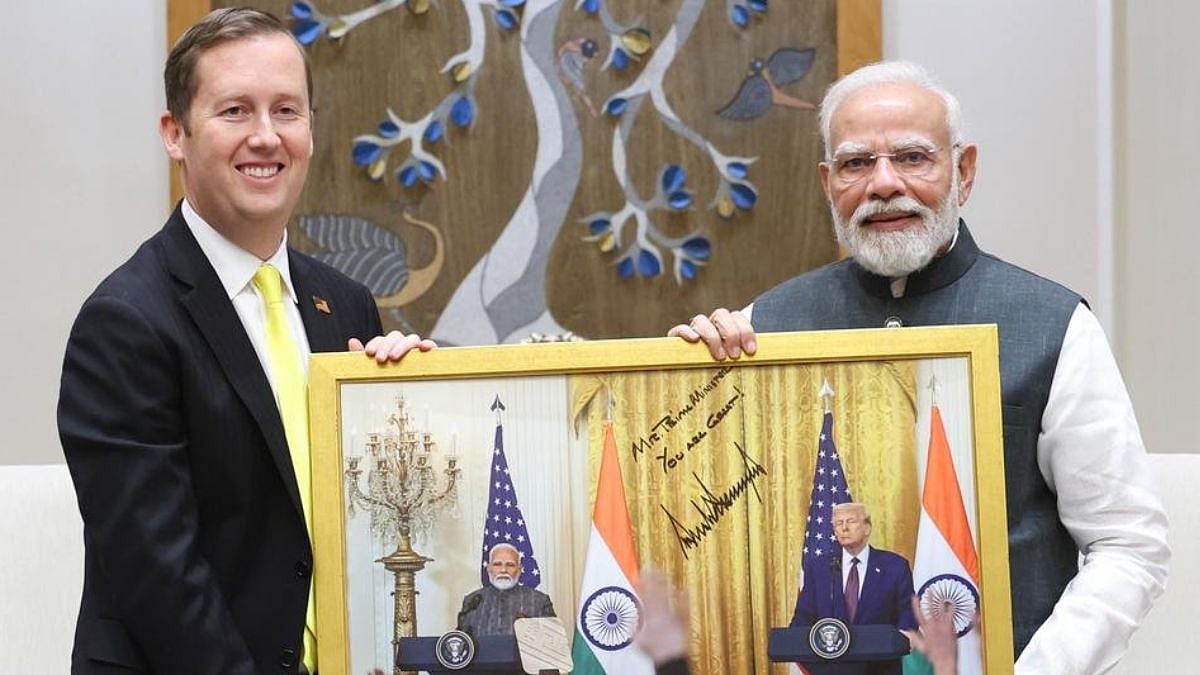The Modi government’s decision to repeal the three contentious farm laws was a major U-turn that came as a huge surprise to many. While farm unions saw this as a major victory for their year-long sit-in protests at Delhi’s borders, political experts say the upcoming state elections in Punjab and Uttar Pradesh – both have a huge base of farmers – may have forced the decision.
Though the protesting farmers have welcomed the decision, they say the agitation is not over yet and have decided to take the fight to the poll-bound states, to teach the BJP and its allies a lesson in elections. This could be a big worry for the BJP in Uttar Pradesh, which is the country’s most populous and political bellwether state.
While anticipated losses in the February-March polls in UP because of growing discontent among farmers are believed to have triggered Modi’s decision to junk the farm laws, the crucial question is whether it came too late in the day, given that political parties have already started campaigning extensively and the electoral momentum will reach its peak in coming months.
Poll compulsion, not compassion
Since the government refused to listen to protesting farmers, steadfastly insisting that the laws were good for farmers and there was no question of taking them back, the Prime Minister’s decision to revoke the laws will naturally be seen as an electoral choice instead of a reflection of any real compassion for farmers and their problems.
“A victory in UP,” Union Home Minister Amit Shah said on his recent visit to Varanasi, “will open the doors to 2024”. With its eyes set on 2024, UP elections are crucial for BJP, which will be looking to set the political tone for future political battles in the Hindi heartland states of Madhya Pradesh, Rajasthan and Chhattisgarh before the 2024 Lok Sabha polls.
Therefore, the question is whether the ruling BJP in UP is on a strong wicket to retain the state. While in terms of seats and vote share, the BJP seems to be in a better position and will enter the poll battle from a position of strength, several economic and political factors have emerged in the last two years that may pose challenges for it to retain power in UP.
Anti-incumbency sentiment
These include a likely anti-incumbency sentiment among voters, rising inflation, economic distress caused by the Covid-19 pandemic and the unrest among farmers who are demanding legal guarantee for minimum support price. In addition, the opposition, which was decimated in the 2017 assembly polls and 2019 general elections, seems to have regained a lot of lost ground, according to pre-election opinion polls. While surveys have given the BJP an edge, they also suggest that it’s not going to be easy for it to retain UP, as lately the Akhilesh Yadav-led Samajwadi Party (SP) has emerged as a prime challenger.
According to the ABP News-C Voter survey released two weeks ago, the BJP’s tally is likely to drop by around 100 seats in the 2022 polls – from 312 seats in 2017, the party may slide to 213 to 221 seats. Though the numbers are still above the halfway mark, it appears that the BJP is gradually losing ground to SP. In September, the ABP-C Voter survey had projected 259 to 267 seats for the BJP and the October survey had given 241 to 249 seats.
In contrast, it’s a slow and steady gain for the SP, which is projected to win 152 to 160 seats; in September the survey had given 109 to 117 seats to the SP and in the October survey, the SP was projected to win 130 to 138 seats. In the 2017 assembly polls, the BJP was able to wrest 41.4 per cent of the votes, while the SP was able to garner only 23.6 per cent of votes. The BSP was restricted to 22.2 per cent and the Congress got 6.3 per cent of votes.
Survey projections
However, as per the November survey projections, the BJP is unlikely to lose much voter confidence as its vote share remains at 40.7 per cent, though in terms of seats, the saffron party is projected to lose much more. The SP is projected to garner 31.1 per cent vote share and its gain is a loss for the BSP, which is projected to get only around 15 per cent of votes. The Congress, on the other hand, with its aggressive stance under Priyanka Gandhi, is making some progress in terms of vote share and seats.
While the poll picture still looks good for the BJP, the SP is projected to make huge gains in terms of seats and vote share. In other words, the multi-cornered election will be a bi-polar contest between the BJP and the SP. However, for the SP to win the election, it will need another 9 per cent of votes, a huge challenge that’s not going to be easy for Akhilesh Yadav to achieve.
Failure to deliver
Since 1989, Uttar Pradesh has witnessed the incumbent government being voted out and considering this trend, anti-incumbency may remain a major factor against the BJP. Critics of the Yogi Adityanath government are of the view that it has failed to deliver on development, education, health, employment and law and order.
Opposition parties, particularly the SP and the Congress, have pivoted their elections campaigns on fundamental issues like unemployment, price rise, women’s safety and the Yogi government’s alleged authoritarian rule that has come down heavily on any form of dissent. However, with the Ram Mandir under construction, the BJP may attempt to reap benefits through its Hindutva poll plank. Moreover, it may also try to deflect the election campaign towards a communally-charged narrative.
Political experts are of the view that Modi’s decision to repeal the farm laws is not only a last-ditch effort to save the BJP’s declining popularity in UP, but also an attempt to shift the focus away from Yogi Adityanath to Modi, who is the BJP’s single biggest attraction for voters in elections.
The writer is an independent Mumbai-based senior journalist
